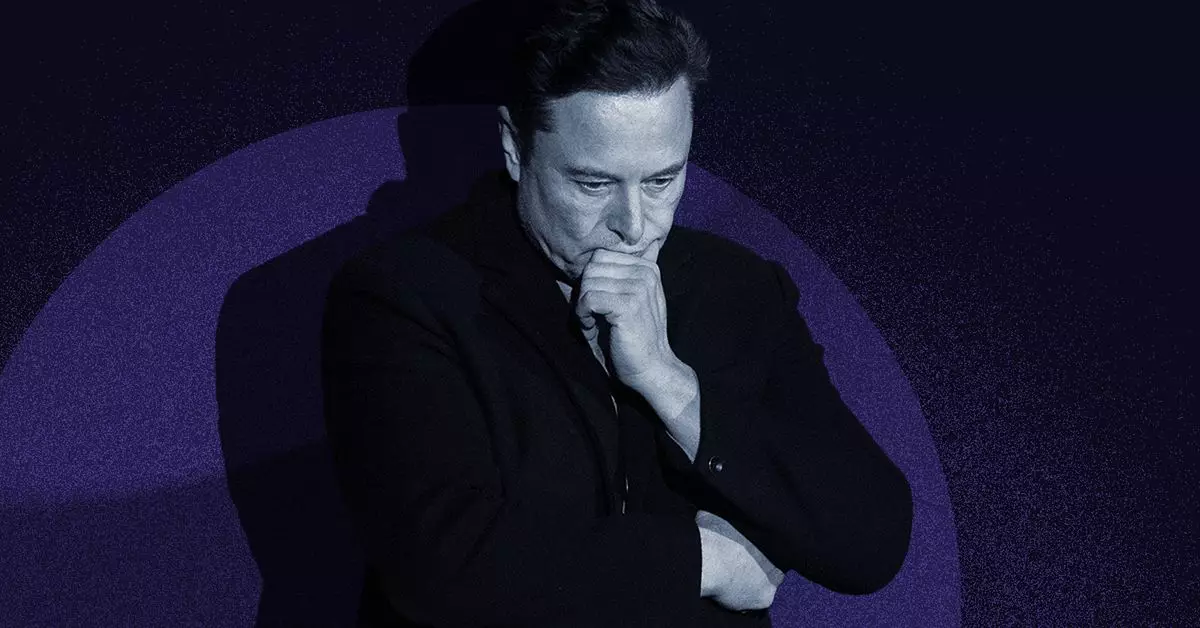In a surprising turn of events, Elon Musk has taken on the co-leadership role of the now non-existent Department of Government Efficiency (DOGE) advisory group. Beyond the headline-grabbing nature of this appointment, it raises significant questions about the role of social media in shaping public opinion and the potential pitfalls of such a powerful figure wielding his platform for personal agendas. With millions of followers, his tweets hold the power to initiate discussions, foster public outrage, and, alarmingly, breed harassment.
In recent weeks, Musk has made headlines by highlighting specific government workers whom he claims epitomize government inefficiency. The case of Ashley Thomas, the Director of Climate Diversification at the US International Development Finance Corporation, has become a focal point. After a user on X (formerly Twitter) spotlighted Thomas’s position, Musk amplified the message to his vast audience, casting a shadow over her professional role with the comment “so many fake jobs.” This action not only draws attention to individual civil servants but also poses a larger threat to employees working within government sectors, as they may face undue harassment and scrutiny.
What follows Musk’s posts is often a vitriolic response from his followers, evidenced by the immediate wave of memes and targeted harassment aimed at Thomas—whose social media profiles have since been made private for her protection. This pattern of behavior raises concerns about the normalization of public shaming and adds context to the broader implications for civil service careers. The president of the American Federation of Government Employees voiced concerns that such public attacks are not only diminishing but are designed to instill fear among federal workers, effectively creating an environment where the fear of harassment overshadows job security.
Historical Precedents and Free Speech
Musk’s history of using his platform to launch personal attacks under the guise of free speech exemplifies a concerning trend. From unsubstantiated allegations directed at individuals like Vernon Unsworth to previously criticizing a former Twitter executive, his pattern of behavior poses ethical questions about the responsibilities that accompany such influence. The cloak of “free speech” can easily morph into a tool for silencing or ridiculing those who serve the public.
Looking Forward: The Future of Public Engagement
As Musk and his co-lead on the DOGE advisory group, Vivek Ramaswamy, intend to conduct their work in public—often via polls on X—the scope for increased scrutiny of government operations is likely to expand. However, with this transparency comes the responsibility of ensuring that it does not devolve into targeted harassment or intimidation tactics against government employees. The integration of social media into public discourse necessitates a critical examination of how such platforms can both empower and endanger individuals within the public sector.
Ultimately, Musk’s involvement in governmental oversight could offer opportunities for reform and efficiency, but it must be approached with caution. Citizens and public servants alike should advocate for a discourse that values constructive criticism over harassment. In a world where social media serves as a powerful megaphone, distinguishing between accountability and hostility is more important than ever. The challenge lies in harnessing the strengths of public engagement while safeguarding against its potential to sow fear and division.

